
Rebbe Yanai’s Tree
When we uplift ourselves, we uplift our children, for they mirror us. So, rather than criticizing them, we should do teshuva for the faults we see in them...

Translated by Rabbi Lazer Brody
Many parents ask me if there’s something particular that they should do teshuva for in this awesome period of the High Holidays. I answer in the affirmative, even though they’re often amazed at my answer: I tell them that the faults they see in their children are the ones that they – the parents – need to correct. And the rewards are double – the parent improves and gets closer to Hashem and the child follows suit. Here’s how:
Sometimes parents shrug in bewilderment about how to handle a child-education challenge. There’s no need for confusion, frustration, or despair! A parent must simply get to work with prayer, self-assessment, and efforts for self-rectification, and he or she will be amazed to see the results. When we uplift ourselves, we uplift our children, for they mirror us. Once again, reprimanding, criticism and, of course, cruelty are all self-defeating, and only make things worse. Nothing outshines prayer and positive parental example.
Awareness of the principle “you can give it if you live it” enable us to meet any challenge of child education  without anger and frustration. There’s no need for yelling, threatening and chastising; that won’t work anyway. Let’s view our children’s shortcomings as Heavenly messages for us. Self-rectification and parental example are so much easier and much more effective than the school of hard discipline.
without anger and frustration. There’s no need for yelling, threatening and chastising; that won’t work anyway. Let’s view our children’s shortcomings as Heavenly messages for us. Self-rectification and parental example are so much easier and much more effective than the school of hard discipline.
Be patient, be consistent, and don’t give up. Over time, you’ll see how your efforts toward self-improvement affect and influence your children in the right direction. This is a longer process than the short-term criticisms and chastisements, but the results are worth the effort.
Improper child education damages the child and instills the child with the same impatience, critical attitude, and cruelty that the parent exhibits. What’s more, the child will grow up to make the same mistakes as a spouse and parent that his or her parents made. The generations will continue on the same rocky path until one of the offspring decides that things can be different.
Remember, there are no magic remedies in child education.
Nothing is as vital as a parent’s daily hour of personal prayer. How? When a parent does daily self-assessment and reckoning, while steadfastly asking Hashem to help him rectify character blemishes and become an upright person, he will then impart much less negativity to his child. Indeed, he’ll have more positive character assets to give to his child. Since the anguish a parent suffers from children are actually wake-up calls for the parent, those who work on themselves will suffer much less from their children.
Consequently, the parent becomes a winner in two ways: first, by putting so much effort into self-improvement, he maximizes his own potential. Second, educating his children becomes so much easier. He doesn’t have to ask himself if he’s using the right child-education methods, for by educating himself, his every action becomes a positive example for his children. There is no better child education than parental example. An old expression says that if you buy the groceries, you get the bags for free. In like manner, if one educates himself, his children become educated on the way.
The opposite is also true. A person who fails to work on himself yet attempts to forcefully educate his children will be a double loser: first, he’ll constantly have grief from his children; second, he won’t succeed in educating them, particularly in the areas where he’s lacking. Such a person, in keeping with our above metaphor, resembles someone who puts all of his efforts into obtaining grocery bags when he has no groceries to pack. If he would have bought the groceries, he’d have received the bags.
A parent with patience, for example, can give patience to his children. He can’t give what he himself lacks. The wise parent who views his child as a mirror doesn’t see deficiencies in his child, only in himself.
The Gemara teaches that if a person wants to reprimand someone, he should first see if he’s not faulty in the same area.
The Gemara (Tractate Bava Batra) tells about a tree in Rebbe Yanai’s yard; its branches protruded over his fence and into the public domain. An individual who also had a tree in his yard that protruded over into the public domain was sued by his neighbors who demanded that he cut the branches. The case came before Rebbe Yanai. The Rebbe told both parties that he could not give a decision immediately and asked them to return a day later.
That same evening, Rebbe Yanai hired workers to trim his tree, so that its branches would no longer project outside of his yard into the public domain. The next day, he gave his decision requiring the neighbor to cut his tree. The neighbor protested, “That’s unfair, Rabbi! The tree in your yard also sticks out into the public domain!”
Rebbe Yanai answered, “Go look at my tree; if you find that it’s trimmed, then you too must trim your tree…”
The Gemara asks a question: Why hadn’t Rebbe Yanai previously trimmed his tree? The Gemara answers that Rebbe Yanai had thought that passersby enjoyed the shade that the protruding branches of his tree provided for them.
After Rebbe Yanai understood that the branches of his tree could be problematic for some people, he quickly took action to rectify the situation. Before he rectified himself, he refused to pass judgment on others.
In this respect, how can a father demand that his child pray in earnest when the father himself doesn’t pray in earnest? How can a parent be upset and angry when a child exhibits identical behavioral patterns as the parent? How can a mother chastise her children for yelling and screaming when she yells at them all day long? Is it fair for parents to slap their children for using foul language when cursing and epithets frequently pepper the parents’ speech?
Metaphorically, the Gemara says that before a person tells someone else to remove “the little wood shaving” that’s entangled in his eyebrow, he alone should remove “the tree trunk” from between his eyes. The little sins of children usually reflect the big sins of parents. Parents who fail to understand this are missing an important message, namely that children mirror parents; children’s shortcomings are merely parental wake-up calls. Let’s heed them! Blessings for an inscription in the Book Of Life for a wonderful New Year!


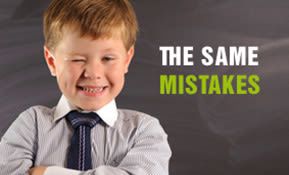

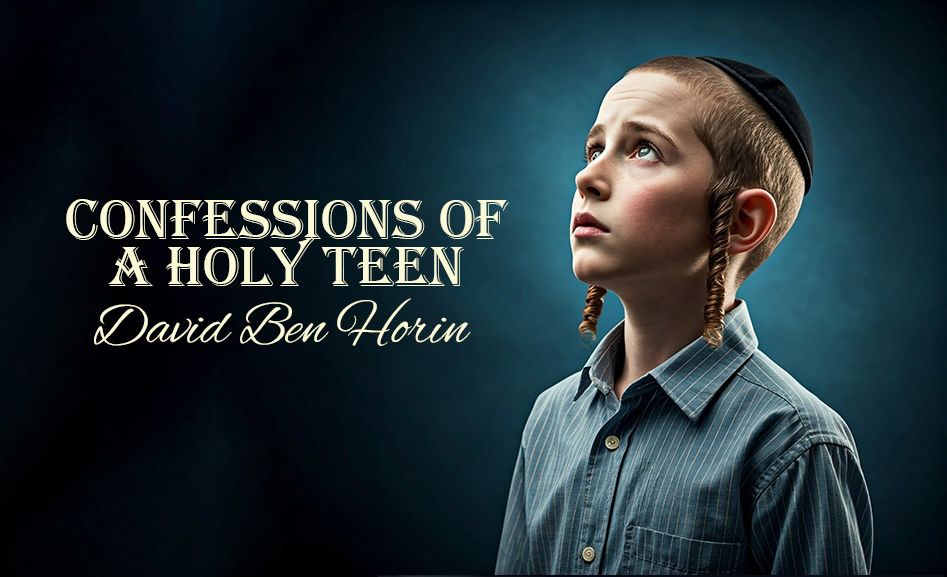
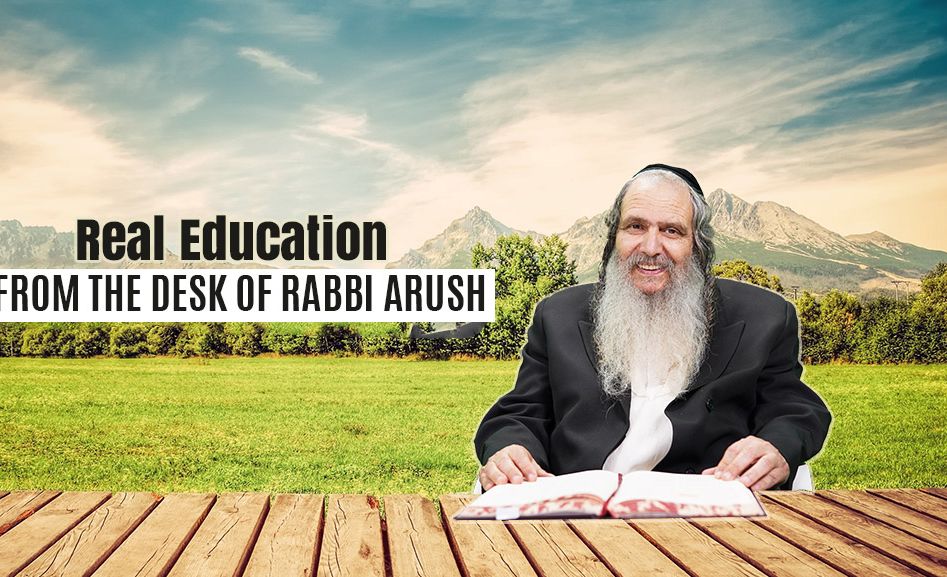
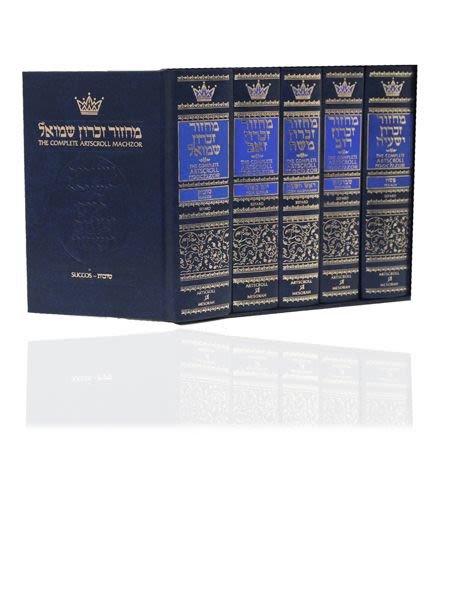

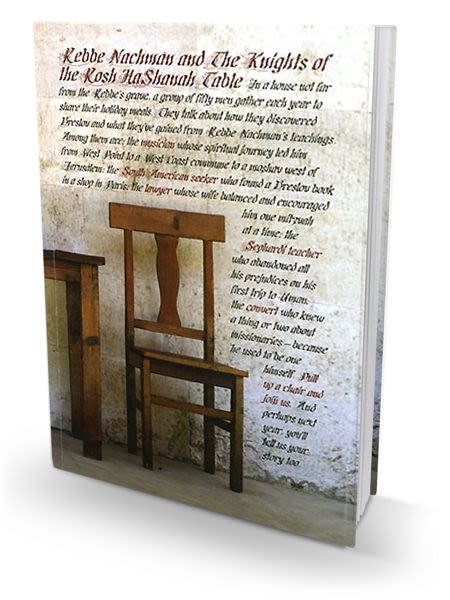

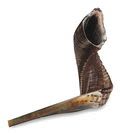
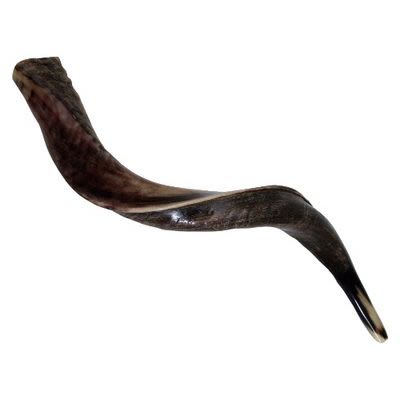
Tell us what you think!
Thank you for your comment!
It will be published after approval by the Editor.